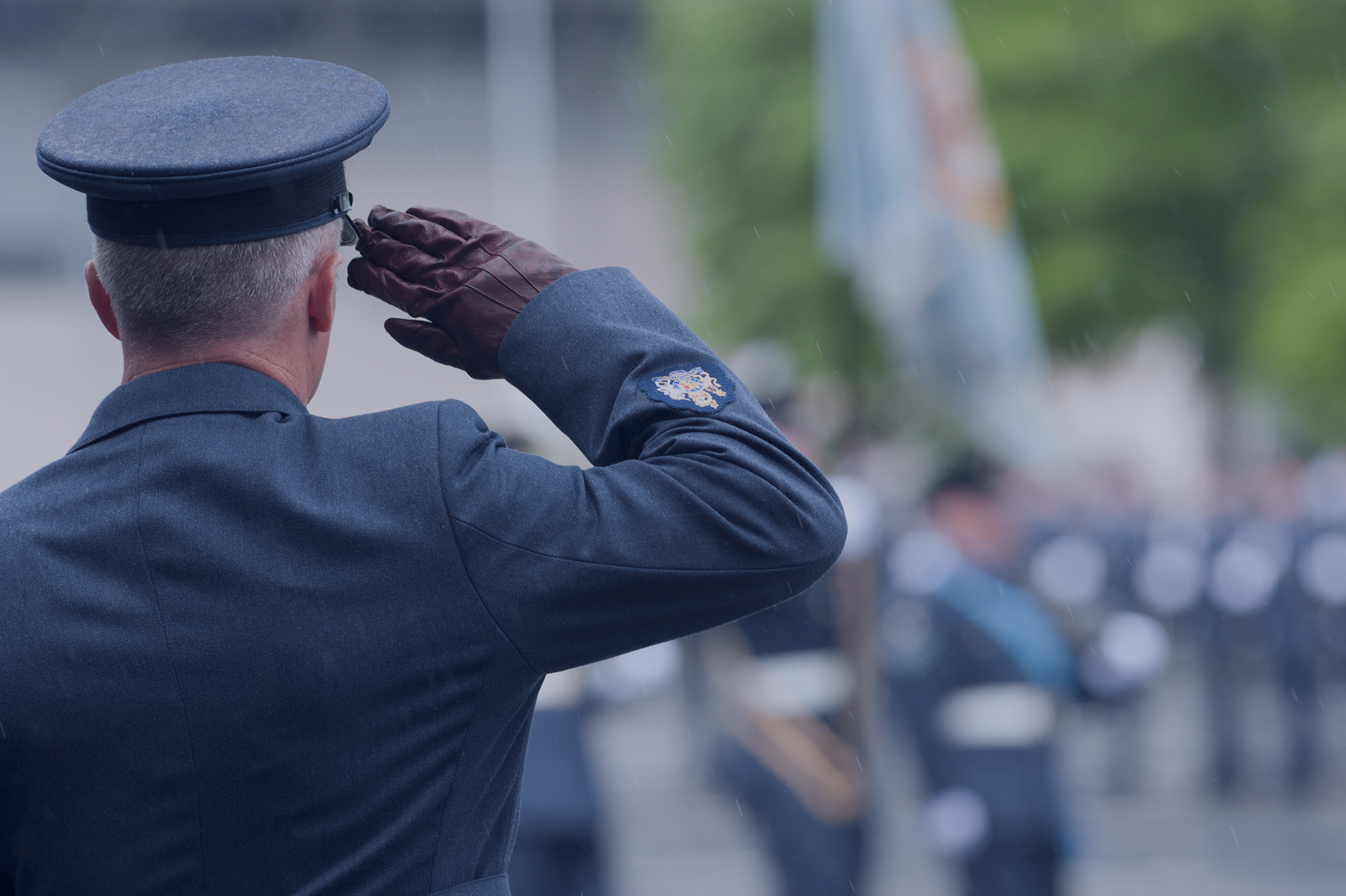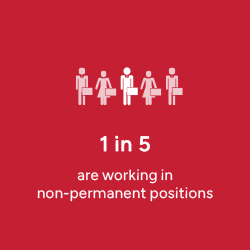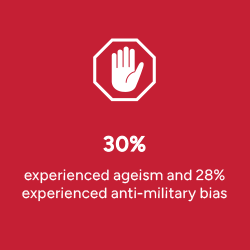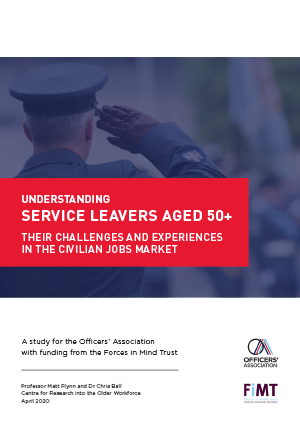50+ Military Service leavers: an untapped talent pool

People leaving the Armed Forces after the age of 50 have significant challenges when moving from military service to civilian work. However, they have something to offer employers including skills, leadership and a ‘can-do’ attitude. By supporting them into high quality civilian work, employers can tap into a talented and dedicated workforce.
RECOMMENDATIONS
50+ Service leavers can help employers win in the competition for talent. They offer a wide range of skills in areas like logistics, engineering, STEM, and cyber. Many employers recognise the value of what 50+ Service leavers have to offer and are signatories to the Armed Force Covenant, committed to helping to smooth the move from military to civilian life. All employers, both large and small, can make best use of the skills, capablity and know-how which 50+ Service leavers have to offer.
50+ Service leavers offer employers a rare set of capabilities
GUIDES
The research findings and recommendations have been compiled into helpful guides to support 50+ Service leavers into civilian work and to support employers in making the best use of 50+ Service leavers’ skills, experience and capabilities.
FOR JOB SEEKERS
50+ JOB SEEKERS GUIDE
Offering guidance on how 50+ Service leavers can best plan and prepare for a successful transition into the civilian career of their choice.
FOR EMPLOYERS
50+ SERVICE LEAVERS – AN UNTAPPED TALENT POOL
What can employers do to make better use of the skills, knowledge and experience of 50+ Service leavers?
50+ SERVICE LEAVER sTORIES
Graham Frobisher
Ex-Army Major and PhD candidate Graham Frobisher makes the business case for employing 50 plus Service leavers.
Steve Harpum
Ex-RAF officer, now NHS Supply Chain Deputy Director, Steve Harpum offers his advice for over 50s leaving Service.
Clair Marshall, Hull City
Claire Marshall from the Veterans’ Community Hub in Hull explains the challenges faced by 50 plus Service leavers.
Stewart Sharman, FDM
Stewart Sharman, retired British Army Colonel and head of FDM Ex-Forces Programme, describes the skillset that 50+ Service leavers can offer employers.
The collection of experiences of 50+ Service leavers is unique
THE FULL REPORT
This timely and ground-breaking project investigates the experiences and attitudes of Service leavers aged 50+ as they transition from military to civilian employment. It explores the challenges faced across all ranks and seeks to balance the findings from Service leavers with that of employers, highlighting examples of good practice being undertaken.
Funded by the Forces in Mind Trust (FiMT) and delivered by the Centre for Older Workers (CROW) for the Officers’ Association (OA), the report lays bare the results of intensive interviews and workshops and delivers key recommendations.
Published April 2020
THE AUTHORS

MATT FLYNN
Professor Matt Flynn of the University of Leicester School of Business is the Director the Centre for Research into the Older Workforce. He has carried out research for the UK government, European Commission, and a variety of funding bodies like UK Research Council and British Academy. He has produced good practice guides for employers on making work attractive to older workers; constructing phased retirement pathways; and making the best use of skills and talents in intergenerational work teams. He has worked with organisations like the Chartered Institute of Personnel Development and Trades Union Congress to promote the value of recruiting and developing talent across the lifecourse.

CAMPBELL CHRISTIE
Commodore (Retd) Campbell Christie CBE Royal Navy has a long career supporting Service leavers into rewarding civilian employment.He was appointed Aide-de-Camp to Her Majesty the Queen in 2006 and became the Royal Navy’s Assistant Chief of Staff (Training) in 2008 where inter alia he was ultimately responsible for the delivery of 1st and 2nd Line resettlement for the Royal Navy’s 35,000 Sailors and Royal Marines. He was appointed CBE in the 2010 Birthday Honours List. He is an Associate of the Education and Training Foundation and Ambassador for the Further Forces Programme which recruits Service leavers with relevant skills in science, engineering and technology.
- copyright 2024 Professor Matt Flynn. All rights reserved.












